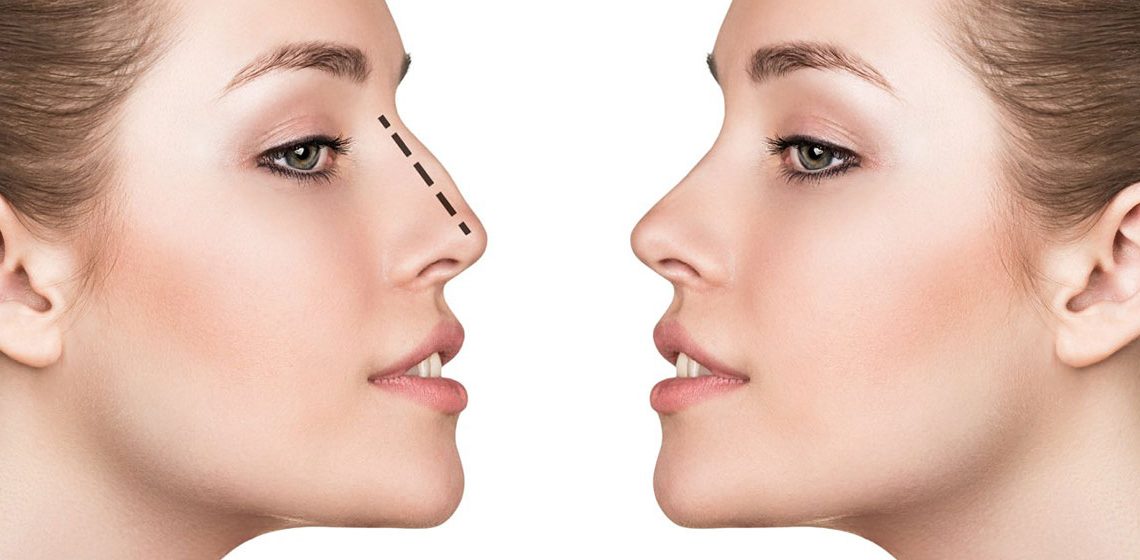
Addiction is a chronic disease that affects millions of people worldwide. It can be challenging to overcome, but with the right treatment, sobriety is possible. Addiction treatment can range from detoxification to long-term support programs, and navigating the journey to sobriety can be challenging. In this post, we will provide an overview of addiction treatment and explore the different levels of care that may be necessary to achieve lasting recovery.
Detoxification is the first step in addiction treatment. It involves safely managing withdrawal symptoms as the body rids itself of harmful substances. Medical supervision is important during detox to ensure that the individual is safe and comfortable. Self-detoxing can be dangerous and even life-threatening.
Once detox is complete, the individual may begin therapy to address any underlying issues that may have contributed to their addiction. Behavioral therapies, such as Cognitive Behavioral Therapy (CBT), Dialectical Behavior Therapy (DBT), and Motivational Interviewing (MI), help individuals to identify and change negative thought patterns and self-destructive behaviors. Therapy can take place in both inpatient and outpatient settings.
Inpatient treatment is the most intensive level of care for addiction. It involves 24-hour medical supervision, structured programming, and a highly structured environment to help individuals develop the skills needed for long-term recovery. Inpatient treatment is appropriate for individuals with severe addiction or who have co-occurring mental health conditions that require close monitoring and support.
Residential treatment is a less restrictive form of inpatient care that provides a similar structured environment but with greater flexibility. Residential care is appropriate for individuals who may not require around-the-clock monitoring but still benefit from a safe and supportive environment.
Outpatient treatment is a more flexible treatment option that allows individuals to live at home and work or attend school while receiving treatment. It is appropriate for individuals with less severe addiction or individuals who have completed inpatient or residential treatment. Outpatient treatment includes group therapy, individual therapy, and support groups, such as 12-Step programs like Alcoholics Anonymous (AA) and Narcotics Anonymous (NA).
Conclusion:
Addiction is a chronic disease, but with the right treatment, recovery is possible. Addiction treatment includes detoxification, therapy, and different levels of care depending on the individual’s needs. Inpatient treatment is the most intensive and appropriate for individuals with severe addiction or co-occurring mental health conditions. Residential treatment provides a similar level of structure with greater flexibility. Outpatient treatment is the most flexible form of treatment and is appropriate for individuals with less severe addiction. Whatever level of care is needed, the journey to sobriety is challenging, but with a supportive environment and the right treatment, individuals can overcome addiction and achieve lasting recovery.








